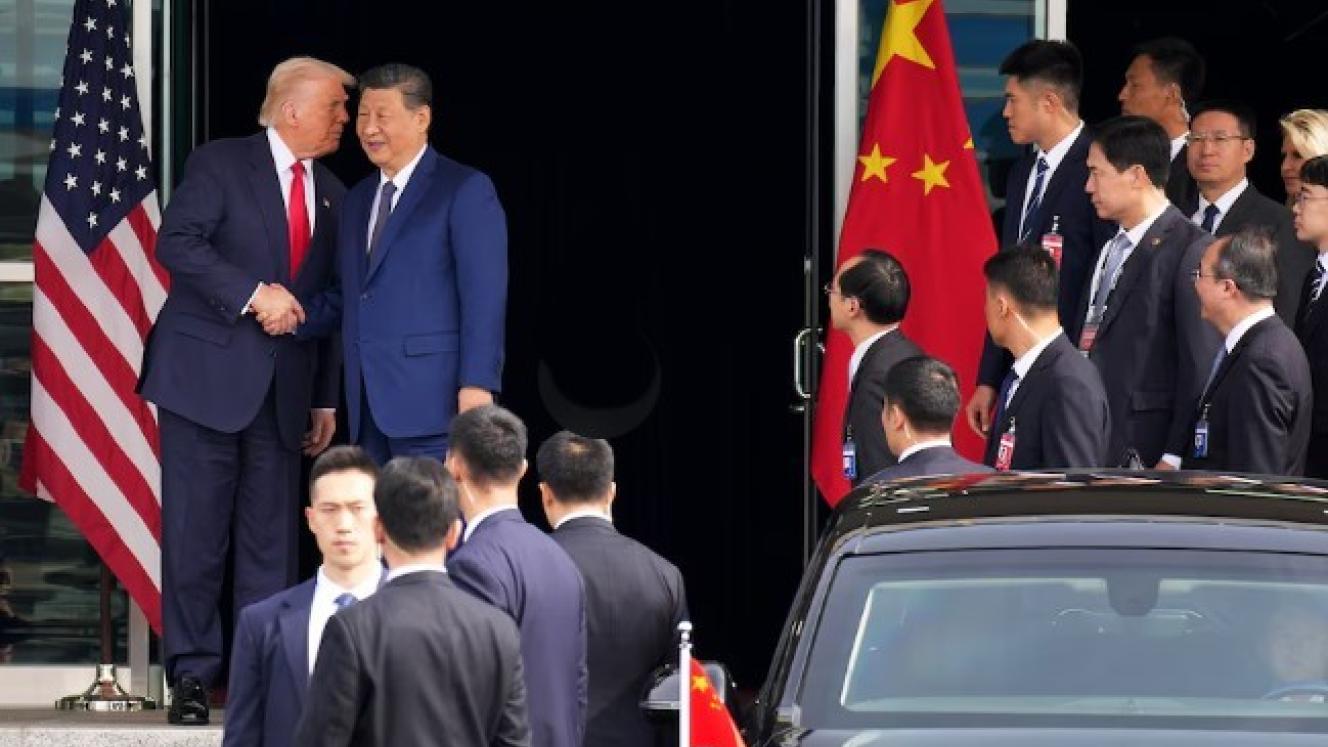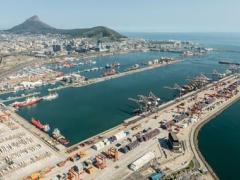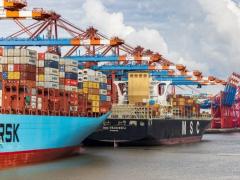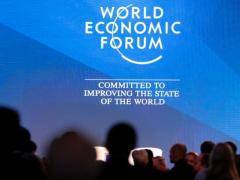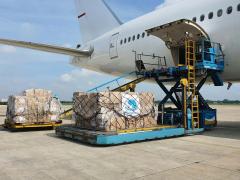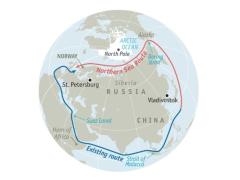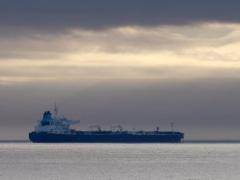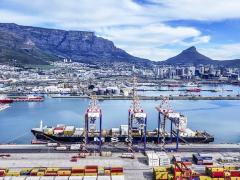Panamax freight rates surged this week after the United States and China agreed to suspend reciprocal port fees for a year, part of a series of trade and industrial commitments emerging from US President Donald Trump’s tour of Asia.
Analysts said the move had lifted confidence across bulk and container markets, as the easing of tit-for-tat tariffs raised hopes for a revival in trans-Pacific trade volumes.
The Baltic Panamax Index climbed sharply following Thursday’s announcement in Beijing, with market participants anticipating a rebound in grain shipments after months of disruption.
“Freight futures reacted almost immediately to signs of a truce,” one broker said, while cautioning that the agreement remained “largely symbolic” until clear implementation terms were published.
The suspension of port fees followed Trump’s meeting with Chinese President Xi Jinping, described by officials as a step towards resetting strained maritime and trade relations.
Both sides pledged to expand agricultural cooperation, though Beijing stopped short of confirming the scale of any grain purchases from the United States.
Sources close to the talks told Politico that the deal represented a one-year “trade truce”, leaving several contentious issues unresolved, including export controls and technology restrictions.
Analysts said the limited duration of the suspension could cap the market’s optimism unless further progress was made.
Earlier in the week, Trump met the leaders of Japan and South Korea, securing pledges of industrial investment and shipbuilding cooperation.
Reuters reported that South Korea’s HD Hyundai Heavy Industries and US defence contractor Huntington Ingalls Industries planned to jointly build auxiliary vessels for the US Navy, while Tokyo expressed support for deeper maritime technology partnerships.
The week-long tour has been billed by Washington as a bid to stabilise supply chains and reinforce US economic influence in East Asia. However, trade experts warned that the latest measures, though positive for sentiment, did not yet amount to a structural resolution of the underlying trade disputes.
“Markets are reacting to the optics of de-escalation,” said one Singapore-based analyst.
“But until there’s evidence of sustained agricultural buying and actual reductions in port-call costs, the bounce in freight earnings may prove short-lived.”
